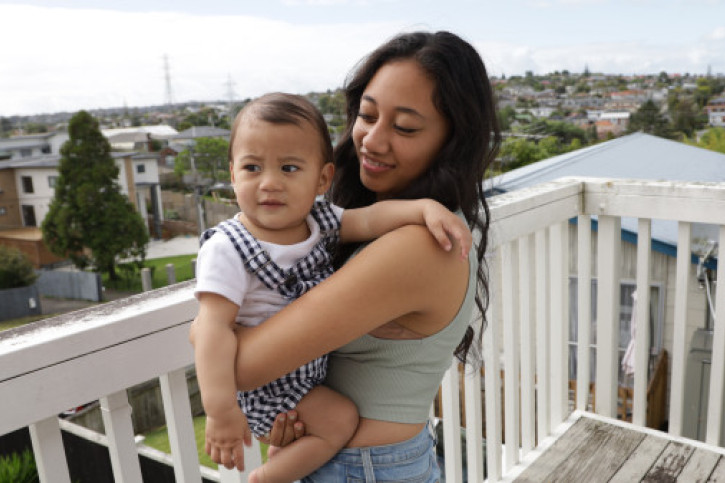Te āhua o te mahi o ngā rongoā āraimate How vaccines work
Free immunisations
All vaccines are free if you are eligible.
Vaccines prevent you from getting sick
Diseases can be caused by viruses and bacteria. These are so small that you cannot see them, but they are everywhere. Most are harmless, but some can make you really sick.
Inside your body, your immune system helps fight against diseases caused by viruses and bacteria. Sometimes, your immune system needs a little help. Vaccines give your immune system instructions on how to defend itself better so your body will have the right tools for the job, meaning you are less likely to get sick.
Why you need extra doses
To be fully protected you usually need more than 1 dose of a vaccine.
When you are first vaccinated, your body learns what to do if it meets a particular virus or bacteria. Your second (and sometimes third or fourth) dose boost your immune system so you will have stronger, and longer-lasting, protection.
Different vaccines protect you for different lengths of time, which is why you may need a booster vaccination to strengthen your immunity.
Some vaccines protect against more than 1 disease
Some vaccines provide protection against more than 1 disease in a single vaccine. For example, the measles, mumps, and rubella (MMR) vaccine is just 1 injection. This means fewer vaccination appointments and fewer injections.
It is not always possible to have a different vaccine if you want protection against only one of the diseases. Your immune system is used to dealing with thousands of viruses and bacteria every day — there are no safety concerns with having multiple vaccines at the same time.
Video: Dr Rawiri Jansen chats about ‘he rongoā ārai mate’ (immunisations)
Different types of vaccine
There are 4 different types of vaccine.
Vaccines safety
Before any vaccine is approved for use, it goes through a long and rigorous testing process by scientists around the world and in Aotearoa New Zealand to ensure its safety and effectiveness.
This process can take several years and compares the health of people who have been immunised with those who have not.
Once approved, the safety of the vaccine is also continuously monitored by Medsafe. As part of this process, the Centre for Adverse Reactions Monitoring at Otago University records reactions reported after vaccinations so that scientists can keep track of any reactions that may occur.
More information

Immunise external link
Find more information about immunisations available in New Zealand.